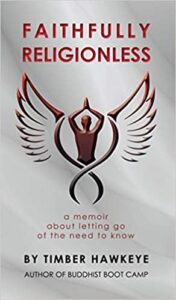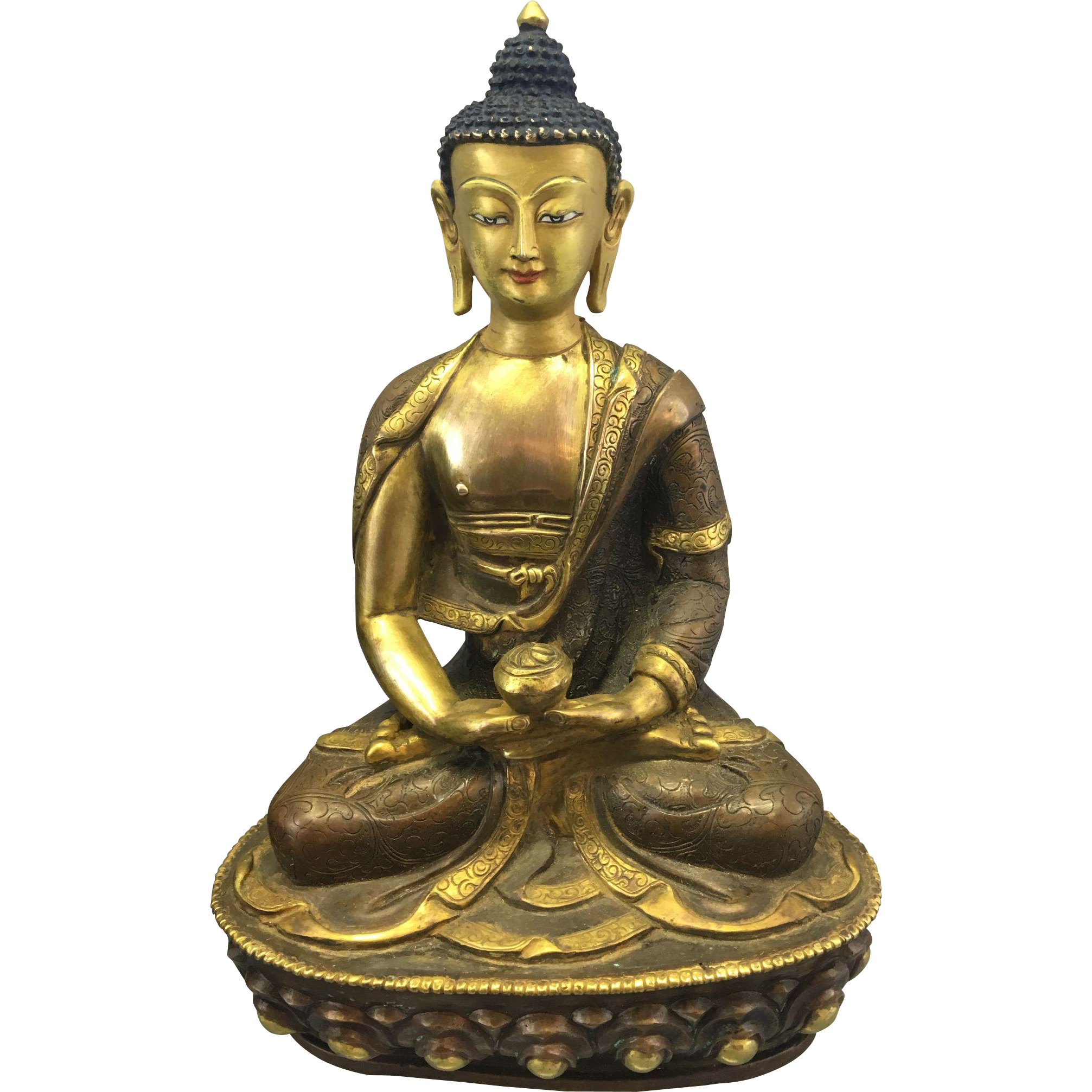Welcome to our forty eighth online suggested practise for the week. We are now broadcasting a live teaching each Monday evening. If you would like to participate please contact us using the contact form on the homepage.
1.0) If you feel so inclined, begin by reciting the usual prayers (please follow below links for text). Alternatively, try to think or articulate a wish for all beings to achieve liberation from suffering, etc .
Four Thoughts: contemplating each in turn – http://northantsbuddhists.com/the-four-thoughts/
Refuge Prayer: twice in Tibetan, once in English – http://northantsbuddhists.com/the-refuge-prayer/

2.0) Faithfully Religionless By Timber Hawkeye “Here And Now “ – Presented by Joyce Stirling

Edited from pages 42-44
Asking ourselves why we do things the way we’ve always done them is an interesting question to ponder, but it is also a trap. There are essentially two different therapeutic approaches to behaviour modifications: one method digs up the past to better understand the origin of our triggers by uncovering childhood experiences, old wounds, and buried memories: while the other method focuses on the present moment, right here and now, with the sole intention of determining what new thinking pattern is necessary to get us to go to where we want to go.
For example, if we have insecurities or believe that we’re not worthy of love, we can either spend years in therapy to uncover the origin of that debilitating emotion (a story we have either told ourselves or heard from others over the course of many years): or we can acknowledge that the story is simply not true. Only then can we start to create a new thought process that works to our benefit to help us get to where we want to be right away (or as close to “right away” as possible). In a nutshell, “don’t look back for TOO long because you’re not going that way!”
The Buddha, once again, beautifully illustrated this point. I’m not going to paraphrase the parable; I’ll just include it in its entirety because it is relatable today as it was thousands of years ago.
“A man was wounded with an arrow thickly smeared with poison. His friends and companions, kinsmen and relatives provide him with a surgeon, but the man says, “I won’t have the arrow removed until I know whether the man who wounded me was a noble warrior, a priest, a merchant, or a worker.”
He would say, “I won’t have this arrow removed until I know the name of the man who wounded me… until I know whether he was tall, medium, or short… until I know whether he was dark or golden-coloured… until I know his home village, town, city… until I know whether the bow with which I was wounded was a long bow, or a crossbow… until I know whether the bowstring with which I was wounded was fibre, bamboo, hemp or bark… until I know whether the shaft with which I was wounded was wild or cultivated… until I know whether the feathers of the shaft with which I was wounded were those of a vulture, a stork, a hawk, a peacock, or another bird… until I know whether the shaft with which I was wounded was bound with the sinew of an ox, a water buffalo, or a monkey.”
He would say “I won’t have this arrow removed until I know whether the shaft which I was wounded was that of a common arrow, a curved arrow, a barbed, calf-toothed, or an oleander arrow.”
But the man would sooner die, and those things would still remain unknown to him.”
I say get the arrow out of there right away, and enjoy your life immediately! Who, what, where, when, or why you were shot is completely irrelevant. You can spend your entire life trying to make sense of things that don’t make sense.
As Alan Moore summarized, “The past cannot hurt you anymore…Not unless you allow it!”
—–0——
